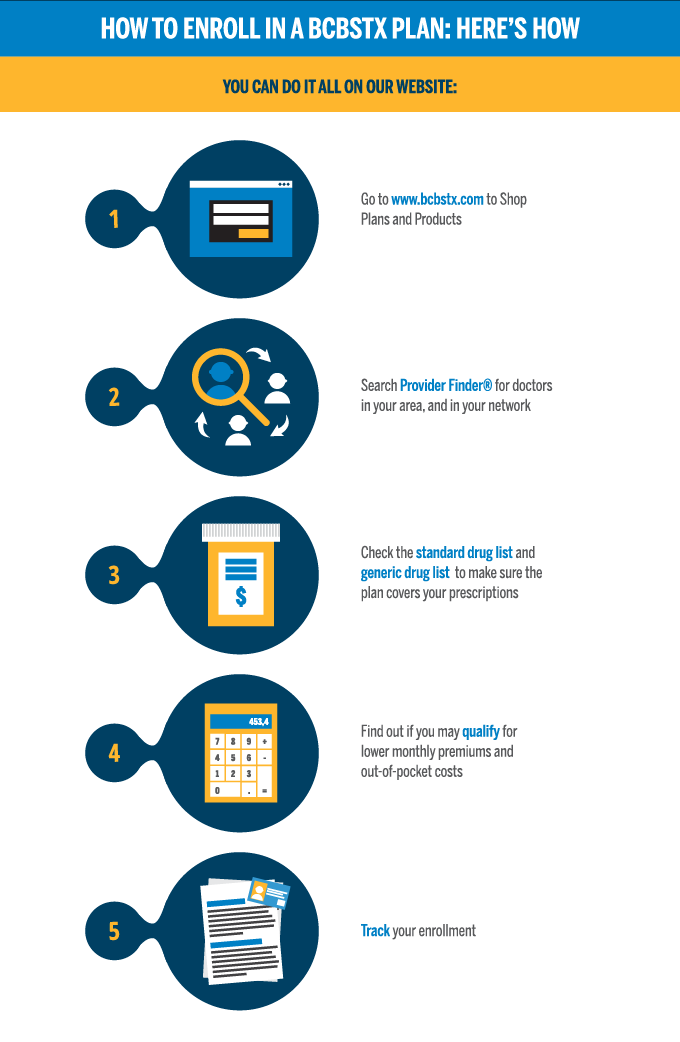Whole life and universal life insurance are both considered permanent policies. That means they're developed to last your entire life and will not expire after a specific amount of time as long as required premiums are paid. They both have the potential to build up money worth in time that you might be able to obtain versus tax-free, for any reason. Since of this function, premiums may be greater than term insurance. Whole life insurance coverage policies have a fixed premium, suggesting you pay the exact same amount each and every year for your coverage. Much like universal life insurance, whole life has the possible to build up money value with time, producing a quantity that you may be able to borrow versus.
Depending upon your policy's possible money value, it might be used to avoid an exceptional payment, or be left alone with the prospective to build up worth with time. Possible development in a universal life policy will vary based upon the specifics of your private policy, in addition to other elements. When you purchase a policy, the issuing insurance provider establishes a minimum interest crediting rate as described in your contract. Nevertheless, if the insurance company's portfolio makes more than the minimum interest rate, the company may credit the excess interest to your policy. This is why universal life policies have the prospective to earn more than an entire life policy some years, while in others they can make less.
Here's how: Considering that there is a money value part, you may have the ability to avoid premium payments as long as the money worth suffices to cover your required costs for that month Some policies may allow you to increase or reduce the death advantage to match your particular situations ** In a lot of cases you might obtain versus the cash worth that may have built up in the policy The interest that you might have earned over time builds up tax-deferred Whole life policies offer you a repaired level premium that won't increase, the potential to collect money value in time, and a repaired death benefit for the life of the policy.

As a result, universal life insurance premiums are usually lower during durations of high interest rates than whole life insurance premiums, frequently for the very same quantity of coverage. Another essential difference would be how the interest is paid. While the interest paid on universal life insurance is typically changed monthly, interest on an entire life insurance coverage policy is usually changed each year. This could mean that during periods of increasing rate of interest, universal life insurance policy holders might see their money values increase at a rapid rate compared to those in whole life insurance policies. Some individuals may prefer the set survivor benefit, level premiums, and the potential for development of a whole life policy.
Although whole and universal life policies have their own distinct functions and advantages, they both concentrate on offering your enjoyed ones with the cash they'll need when you pass away. By dealing with a qualified life insurance representative or business representative, you'll have the ability to choose the policy that finest satisfies your individual requirements, spending plan, and financial objectives. You can likewise get acomplimentary online term life quote now. * Offered necessary premium payments are timely made. ** Increases may undergo extra underwriting. WEB.1468 (What is liability insurance). 05.15.
Our What Is Medigap Insurance Ideas
You do not have to guess if you must enlist in a universal life policy because here you can discover everything about universal life insurance benefits and drawbacks. It resembles getting a preview before you purchase so you can choose if it's the right kind of life insurance coverage for you. Keep reading to discover the ups and downs of how universal life premium payments, cash worth, and death benefit works. Universal life is an adjustable type of irreversible life insurance that enables you to make modifications to two primary parts of the policy: the premium and the death advantage, which in turn affects the policy's money value.
Below are a few of the total advantages and disadvantages of universal life insurance coverage. Pros Cons Designed to provide more flexibility than entire life Doesn't have the guaranteed level premium that's offered with entire life Money worth grows at a variable rates of interest, which might yield higher returns Variable rates likewise imply that the interest on the money worth might be low More chance to increase the policy's cash value A policy usually requires to have a positive cash value to stay active One of the most attractive features of universal life insurance is the ability to pick when and how much premium you pay, as long as payments meet the minimum quantity needed to keep the policy active and the Internal Revenue Service life insurance coverage standards on the optimum quantity of excess premium payments you can make (How much does health insurance cost).
However with this versatility likewise comes some downsides. Let's discuss universal life insurance pros and cons when it comes to altering how you pay premiums. Unlike other types of irreversible life policies, universal life can change to fit your monetary requirements when your capital is up or when your budget plan is tight. You can: Pay greater premiums more often than required Pay less premiums less often or perhaps skip payments Pay premiums out-of-pocket or use the money value to pay premiums Paying the minimum premium, less than the target premium, or avoiding payments will adversely impact the policy's cash worth.